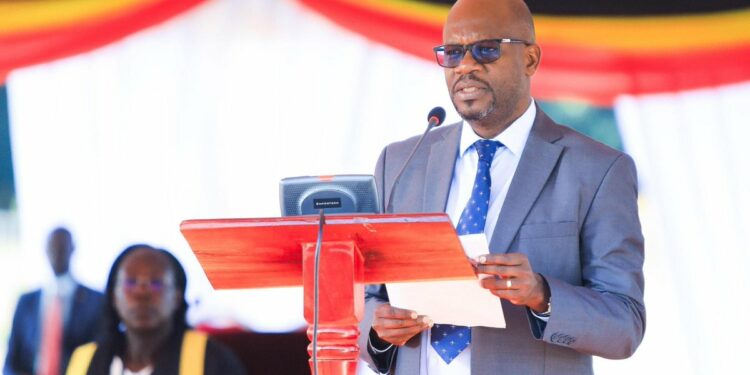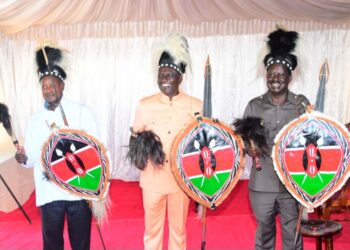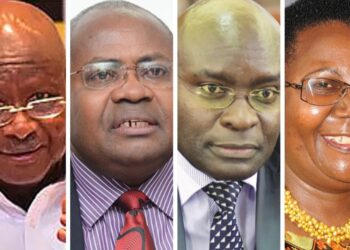Since August when the Member of Parliament for Mityana County South, Hon. Richard Lumu proposed to bring a private members bill seeking to elect Leader of Opposition while in Gulu parliamentary regional sitting, debates have been over the moon.
On 1st October when he finally tabled the long-awaited Administration of Parliament (Amendment) Bill, 2024, which seeks to alter the mode of selection of the Leader of the Opposition and other positions reserved for the Opposition in Parliament, it was a big score for him however many opposition MPs did not see it as important but they could not qualify their arguments which in one way gave Lumu an upper hand.
When he presented his bill for the first reading, Lumu assured the House the Leader of the Opposition has to be elected by all opposition MPs because he or she superintends all members of the opposition in Parliament and leaving the selection to the opposition party with numerical strength, would disadvantage other opposition parties.
“The current manner of election of Leader of the Opposition in Parliament has not only led to the suppression of the views of other opposition political parties in Parliament but also made it impossible for the members in opposition in Parliament to hold the Leader of the Opposition accountable,” the Bill reads.
The Bill also seeks to provide additional grounds upon which the LOP may cease to hold office; requires the Shadow Cabinet to be approved by members of the opposition parties in Parliament; and further requires the LOP to consult opposition political parties represented in Parliament when appointing chairpersons and deputy chairpersons of standing Committees of Parliament, among others.
However when Paul Mukiibi, the Head of the Department of Law Reporting, Research, and Law Reform at the Law Development Centre (LDC) appeared before the legal committee of Parliament punched holes in the bill and revealed that it lacked a clear purpose and could become the spark which may lead to erosion of democracy in Uganda.
As Thomas Aquinas, a medieval philosopher and theologian argued that laws must be reasonable to be just, aligning with natural law, in the same rythm Mukiibi questioned the rationale behind Lumu’s Bill, noting that the problem it seeks to address is unclear.
“We didn’t clearly understand the Mover’s intention. Is the issue that the opposition parties with minority representation feel excluded when the majority party appoints the Leader of the Opposition? If that’s the concern, the Mover hasn’t clearly articulated it, which leads some to suspect that the Bill might be driven by ulterior motives.”
Mukiibi raised a critical question about the application of broader consultation requirements in political appointments, specifically questioning whether the ruling party should be held to a similar standard when appointing key figures like the Prime Minister, who also serves as the Leader of Government Business.
“Political competition is a cornerstone of the multiparty system,” he argued, emphasizing that meaningful competition is crucial for democratic governance. “If smaller parties, with limited representation in Parliament, are pushing to lead the opposition, it risks undermining the integrity of political competition.”
He pointed out that the proposed Bill suggests that smaller opposition parties feel marginalized due to their lower numbers in Parliament. “But is this fundamentally different from the ruling party’s practice of appointing key government officials, such as the Prime Minister, without consulting the opposition? Shouldn’t the same logic of consultation apply when the ruling government makes such appointments?” Mukiibi asked, highlighting the inconsistency in the call for inclusivity and consultation.
He stressed that the balance of power and representation should be scrutinized equally across both government and opposition appointments to ensure fairness in a multiparty system.
Meanwhile, the idea of selecting the Leader of the Opposition from the strongest opposition party is rooted in democratic theory and the evolution of parliamentary systems, especially those based on the Westminster model from the United Kingdom.
Key philosophical ideas that support the role of a Leader of the Opposition include those of accountability, separation of powers, and representative democracy.
.
Do you have a story in your community or an opinion to share with us: Email us at editorial@watchdoguganda.com













